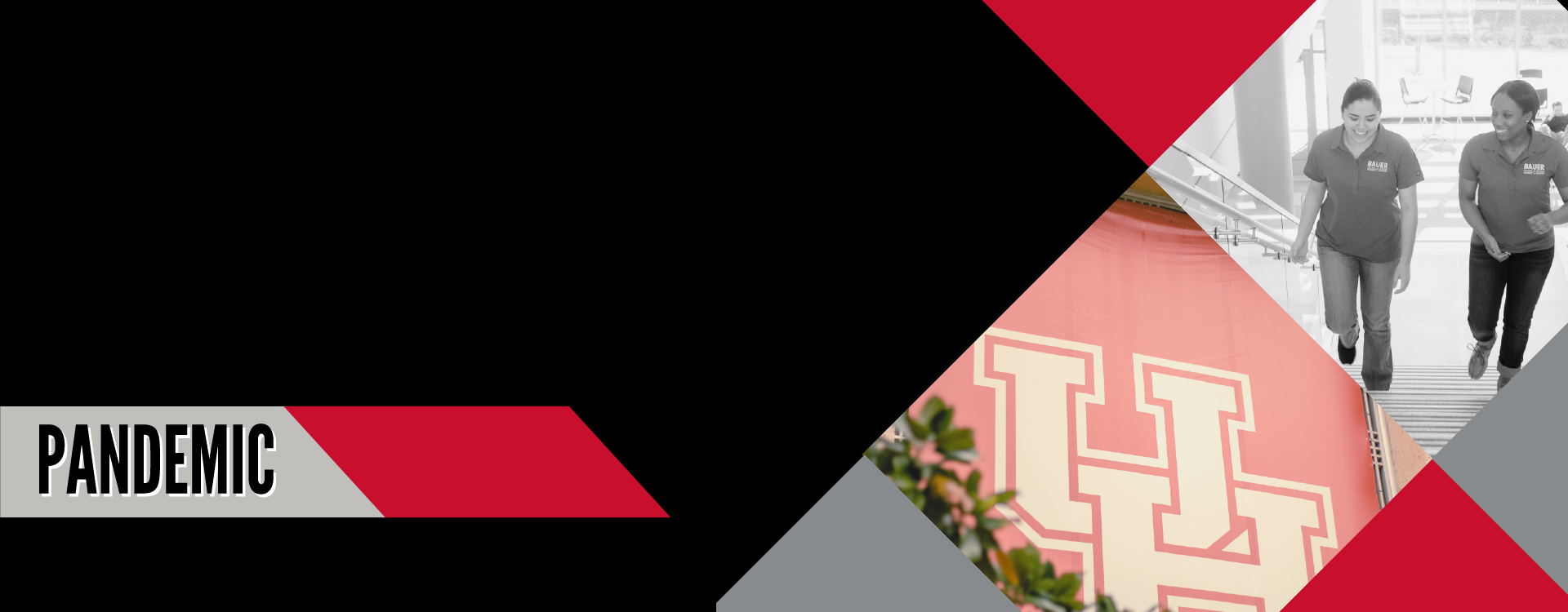Covid-19 Pandemic
During the pandemic that began in the spring of 2020, the Division of Student Affairs played a crucial role in providing resources and assistance to students, particularly in adapting to the challenges of remote learning. Recognizing the impact of the pandemic on students' academic and personal lives, the university took proactive measures to ensure their well-being and academic success.
As the transition to remote learning became necessary, the Division of Student Affairs Center for Student Involvement (CSI) worked to provide students with virtual ways to connect with others, continued to develop soft skills for future success, and have fun since the university was forced to move beyond our brick-and-mortar walls. The CSI redesigned its website to provide many online experiences, resources, and ideas for student engagement.
The CSI also offered virtual hours via Zoom video conferencing. Students could visit with staff to ask questions virtually or via their website. This included videos, articles, online event ideas, and more with faculty and staff to support students' adjustment to online classes.
To mitigate the impact of the pandemic on students' mental health and overall well-being, the Division of Student Affairs expanded its counseling services and implemented innovative approaches. They offered virtual counseling sessions and support groups, ensuring that students could access mental health resources remotely. These services aimed to address the emotional challenges and stressors resulting from the sudden disruption of campus life and the uncertainties surrounding the pandemic.
The Division of Student Affairs also recognized the financial hardships faced by many students during this time. They provided financial assistance programs and resources to support students who were struggling to meet their basic needs. This included emergency grants, scholarships, and information on external resources such as government aid programs.
In March as the COVID-19 pandemic began to directly impact and incrementally scaled back and suspended programs and services such as equipment check-out, towel service, the number of participants in fitness classes, and closure of the climbing wall. Effective March 24, the Campus Recreation and Wellness Center (CRWC) suspended all in-person workouts. The team quickly transitioned to creating a variety of virtual program offerings to continue supporting the overall health and well-being of students, faculty, and staff.
Group fitness classes were live streamed on both Facebook, Instagram, and later via Zoom, a library of on-demand videos was created by our fitness team in addition to joining the NIRSA Rec Movement that allowed access to thousands of live and on-demand workouts from other participating NIRSA institutions.
Virtual Personal Training and ACE Personal Training and Group Fitness Courses were offered to help prepare individuals to become personal trainers or group fitness instructors. Rec Sports offered a variety of eSports, virtual fitness challenges for individuals and teams, and virtual 5ks. The Outdoor Adventure (OA) program developed demos, links to visit national parks virtually, and a variety of wellne
